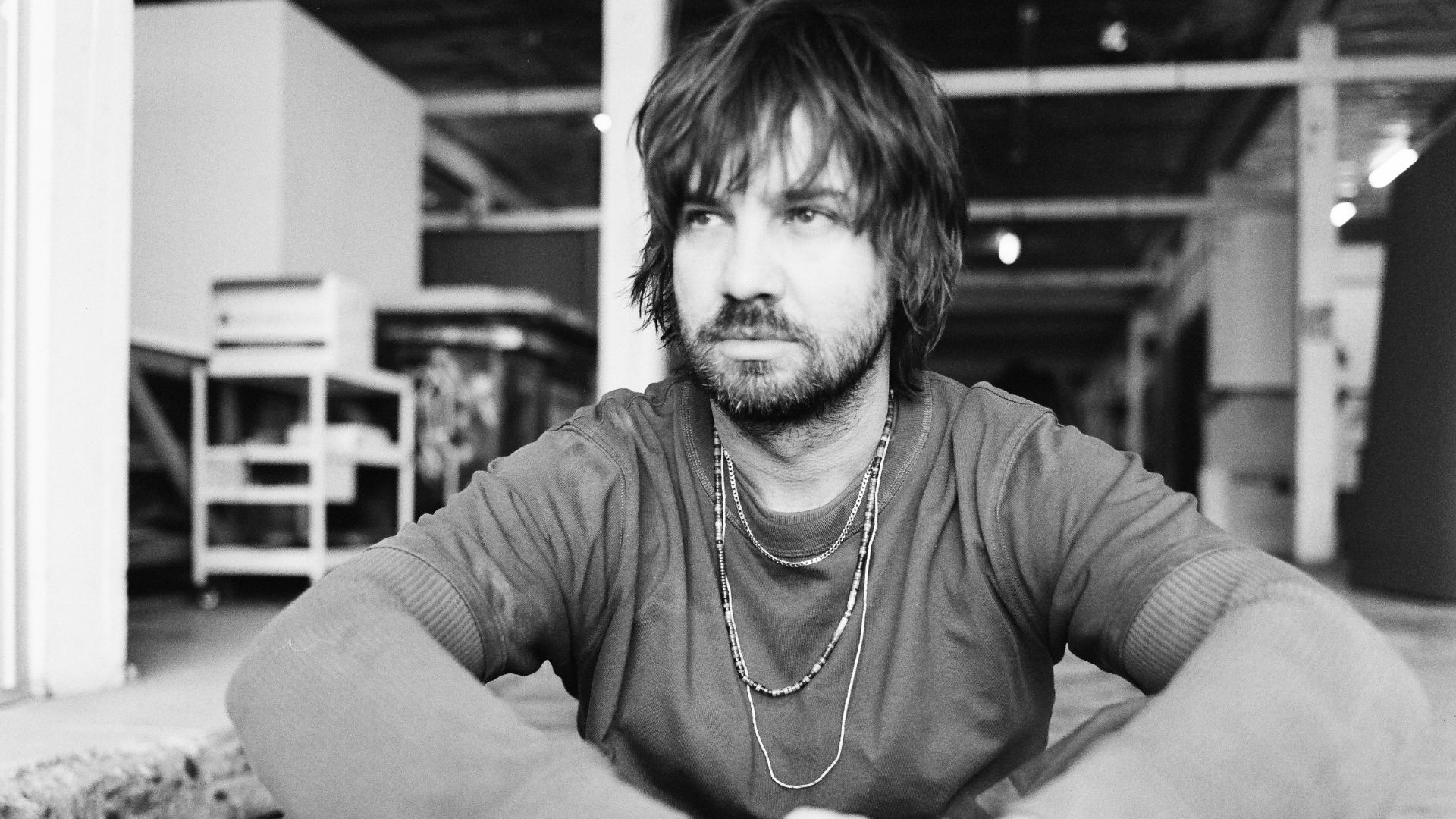The Australian multi-instrumentalist’s fifth studio album was released in the early hours of this Friday, 17
To wake up. Cold coffee. Transit. Screens. Deadlines. Return home. Series. Sleep. Repeat. Modern life is all about cycles so predictable that few people see beyond the monotony. Most see everyday life as a slow, repetitive and tiring song. But what if we played it on a drum machine, added layers of psychedelic synths and turned boredom into something that makes you want to dance until you forget that you have to wake up early tomorrow?
That’s what Kevin Parkeralso known as Tame Impalamade on his new album Deadbeat (2025), the fifth from the studio, released in the early hours of this Friday, the 17th. One of the most influential producers in pop music since the 2010s stopped philosophizing about cosmic currents and the relativity of time to focus on the simplicity of everyday life.
There are 12 club-psych tracks that work both as a soundtrack for raves in the Australian outback and as introspective therapy in beat format.
For those who don’t know, Kevin Parker has emerged as one of the most influential voices of the last decade. Since InnerSpeaker (2010) and Lonerism (2012), the Australian multi-instrumentalist has been creating genre-defying soundscapes, playing all instruments and serving as writer, producer, mixer and engineer for the Tame Impala. But it was with Currents (2015) that Parker reached another level — an album that represented a change of “currents”, both in the sense of aquatic and cosmic flows and electricity, marking the beginning of their transition from psychedelic rock to more electronic and pop territories.
The Slow Rush (2020), his most recent work to date, delved deep into reflections on time — its inexorable passage, how it shapes us and escapes us. During this period, Parker has also established itself as one of the most sought-after producers in the world, collaborating with Dua Lipa, The Weeknd, SZA, Travis Scott, Gorillaz and many others, in addition to winning the Grammy for Best Dance Recording in 2024 by “Neverender” with the Justice.
Now, after exploring the macro, Parker decides to focus on the micro. As he himself explains in an exclusive interview with Rolling Stone: “There’s beauty in the everyday. You know, the everyday is where our life is. It’s where our life is right now.” This shift in perspective is the beating heart of Deadbeat.
The inspirations came from bush doof culture and the rave scene in Western Australia — parties in the middle of nowhere, surrounded by forest, far from cities, where electronic music meets the vastness of the Australian interior. For him, “the freedom and the way they do it catches my attention. It’s totally off the grid. It’s far from the city. Far from the real world. It’s just a way to disconnect from reality.”
If before the move to electronics was just an experiment, now it has materialized in Deadbeat — and then in the conception of the album. “It was something that I loved doing, you know? I’ve always loved electronic music, I’ve always loved dance music. But I just didn’t have the confidence to pursue it. And this time I thought, ‘Why not?’.”
Lyrically, Deadbeat it presents Parker channeling “endless depression” — a self-deprecating guy stuck in a negative feedback loop when he should have had his life together a long time ago.
Inside Deadbeat
The album opens with “My Old Days”a perfect entry that establishes the tone of the album. With soft vocals from Parker and a simple but effective beat, the track already indicates the album’s more electronic direction without completely abandoning the psychedelic signature that defines the project.
After that, we went through “No Reply”which maintains the proposal with equally sensational results. The song shares similarities with the previous track, but with a drop in the beat that stands out.
“Dracula”the third single and third track, is more pop and aimed at the dance floor. The song mixes the classic groove of Tame Impala with touches of disco and pop, driven by a warm and groovy bass, with visuals that were very inspired by the film Sinners (2025).
Second Parkerthe track was one of the first thought for the album and evolved from a raw and minimalist sketch to a more complete and pop track that, according to him, “wanted to be like a song from Max Martin“.
We passed by “Loser”which brings a welcome change of pace, reminiscent of the Kevin Parker of “Cause I’m a Man” — more psychedelic and emotionally raw, with characteristic guitar riffs and self-deprecating lyrics. Followed by “Oblivion”a middle ground between Parker previous albums and this new one that increasingly uses elements of electronic music.
However, after halfway through the album, the project loses some strength. The rhythm of the songs has a noticeable drop, but there is one track that completely clashes with the others: “Ethereal Connection”the ninth. Designed for raves, the song is heavy, pure techno, and the first on the project with more than seven minutes. When asked about including such a different track, Parker explained, “At the end of the day, I just wanted to. Part of being an artist is following your heart. And making a full techno track and putting it on the album is kind of what my heart wanted.” The honesty is admirable, but for those who are used to the psychedelic grooves of “The Less I Know the Better”you will probably find it strange.
But the album redeems itself in the final song. Even though it was the first of the singles — because Parker thought “it was a good introduction to the album, even though it was the last track” — “End of Summer” ends the project at the top, justifying its choice. It’s a song with a memorable chorus, well-placed vocal effects and textures that capture your attention. And the Tame Impala in its best form, once and for all merging its new version with the old one.
Tame Impala more mature
Deadbeat is an album that finds poetry in routine. AND Kevin Parker allowing himself to be imperfect, both as an artist and as a person, and transforming this imperfection into dancing art. Now much more mature and being a father — seen on the album cover —, as he himself stated, Deadbeat it is the result of maturity combined with the desire to take risks.
The album has its extraordinary high moments that show Parker in inspired form, fusing his psychedelic sensibilities with newfound confidence in electronic music.
Deadbeat It’s a good album — sometimes even a great one. But when compared to the revolutionary brilliance of Currentshe is still behind. AND Parker taking an interesting side step, not a transformative leap forward. And maybe that’s okay. After all, as the album itself argues, not everything needs to be grand. Sometimes it’s enough to just be.
-
kevin parker
-
tame impala
Source: Rollingstone
Rose James is a Gossipify movie and series reviewer known for her in-depth analysis and unique perspective on the latest releases. With a background in film studies, she provides engaging and informative reviews, and keeps readers up to date with industry trends and emerging talents.






